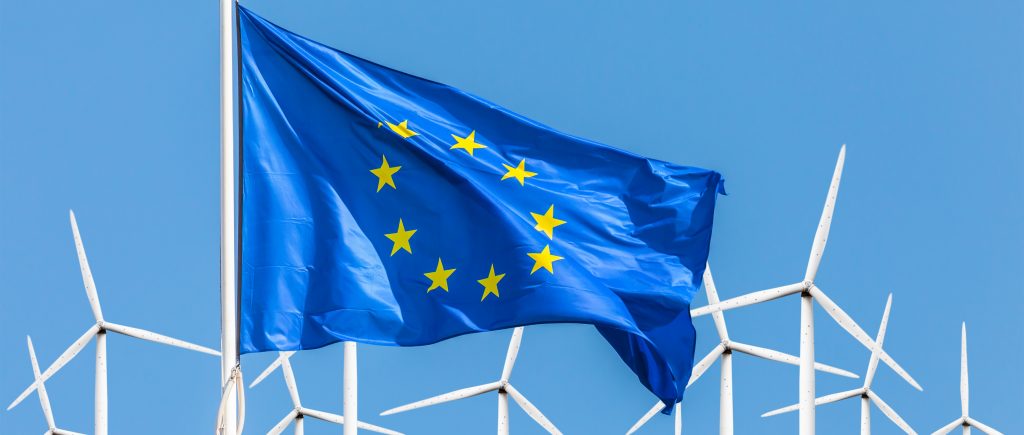European equity markets retreated slightly on Wednesday, as hopes for a near-term resolution to the war in Ukraine dimmed and U.K. inflation data came in hotter than expected, clouding the outlook for future rate cuts from the Bank of England.
By 03:02 ET (07:02 GMT), the DAX index in Germany had dropped 0.2%, France’s CAC 40 slipped 0.3%, and London’s FTSE 100 shed 0.2%, extending a cautious tone across regional markets.
Ukraine Peace Talks Stall Again
Investor sentiment was dampened by signs that peace efforts in Ukraine may be unraveling. U.S. President Donald Trump’s high-stakes call with Russian President Vladimir Putin on Tuesday failed to deliver a breakthrough. The call, which lasted over two hours, saw Trump retreat from his earlier demand for an unconditional 30-day ceasefire—a condition Ukraine had backed.
German Defence Minister Boris Pistorius criticized Putin’s stance, warning that the Russian leader appears to be “playing for time” and is not genuinely committed to peace. The lack of progress deals a further blow to Kyiv, coming just weeks after a public rift emerged between Trump and Ukrainian President Volodymyr Zelenskiy.
In response, the European Union is moving forward with its next round of sanctions against Moscow.
UK Inflation Surges More Than Forecast
Adding to the pressure on U.K. markets, the latest consumer price data revealed a sharp uptick in inflation. The annual inflation rate jumped to 3.5% in April from 2.6% in March, according to the Office for National Statistics—its highest level since January 2024 and the steepest monthly rise in three years.
Services inflation—a key gauge of domestic price pressures—rose to 5.4%, well above economists’ forecasts and the Bank of England’s own projection of 5.0%. The unexpected acceleration in prices has raised doubts about whether the BoE will continue with its cycle of rate cuts as previously anticipated.
Market pricing now suggests only one further rate reduction by the end of 2025, a significant repricing compared to earlier expectations.
Marks & Spencer Hit by Cyberattack
The U.K. retail sector was also under pressure, with Marks & Spencer (LON:MKS) warning of a £300 million blow to trading profits following last month’s ransomware attack. The 141-year-old retailer said the disruption could linger for months, with online payment systems still offline.
JD Sports Fashion (LON:JD) reported a 2% decline in first-quarter underlying sales, citing ongoing market volatility and tariff-related uncertainty.
In contrast, Belgian grid operator Elia Group (EBR:ELI) reaffirmed its 2025 guidance following a successful €2.2 billion equity raise and progress on critical energy infrastructure projects.
Crude Oil Surges on Middle East Tensions
Oil prices spiked sharply amid growing concerns over military escalation in the Middle East. Brent crude jumped 1.2% to $66.17 a barrel, while U.S. WTI crude rose 1.3% to $62.86 as of the early European session.
CNN reported that Israel is preparing for a potential strike on Iran’s nuclear facilities, citing U.S. officials familiar with recent intelligence. The development has reignited fears of a wider conflict that could disrupt oil supply from the region, which includes key producers such as Iran and its neighbors.
With energy prices on the rise, geopolitical risk escalating, and inflationary pressures in the U.K. reemerging, markets are bracing for a more cautious and complex policy environment heading into the summer.
 Noor Trends News, Technical Analysis, Educational Tools and Recommendations
Noor Trends News, Technical Analysis, Educational Tools and Recommendations





